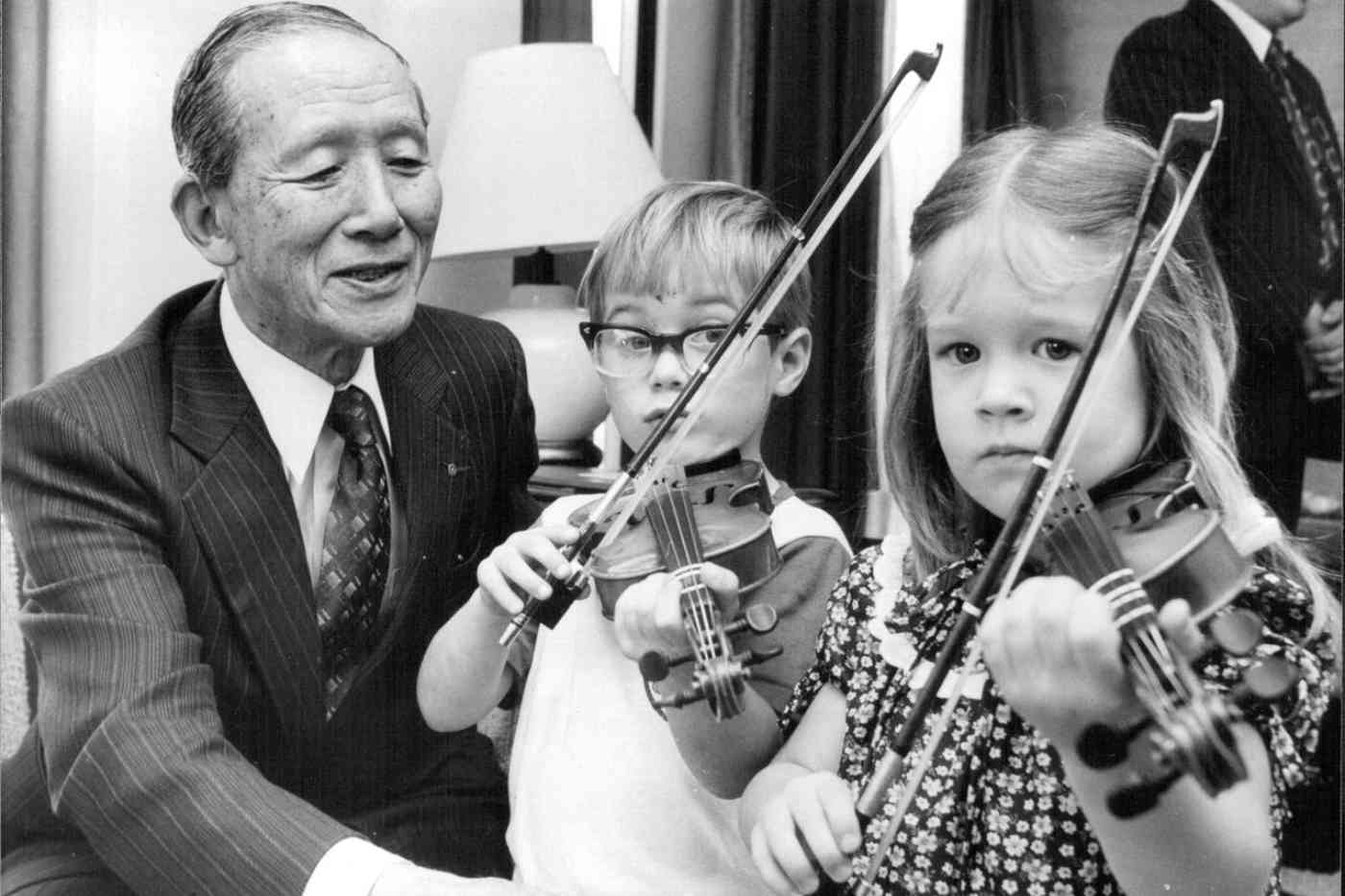His father owned a violin factory: Who is Shinichi Suzuki?
Shinichi Suzuki, who specifically aims to ensure that children learn the right things well and develop the character of music students through education, developed the Suzuki philosophy to enable individuals of all ages to discover their talents.

Born in 1898 in Nagoya, Japan, Shinichi Suzuki spent his childhood in his father's violin factory. Interestingly, although he grew up around violins, he did not even attempt to learn the violin until he was 18 years old.
His father's thoughts about him played a big role in this. Father Suzuki thought that his son did not have the talent needed to be a good violinist. However, after listening to a recording by German artist Mischa Elman, Shinichi began to teach himself how to play the violin.
At the age of 26, Suzuki moved to Germany to become a student of Karl Klingler, one of the successful musicians of his time. Suzuki, who improved in violin during his stay here, returned to Japan after completing his education and founded a music group consisting of string instruments with his brothers.
Shinichi Suzuki (17 October 1898 – 26 January 1998) was a Japanese violinist, philosopher, composer, and educator and the founder of the international Suzuki method of music education and developed a philosophy for educating people of all ages and abilities. An influential pedagogue in the music education of children, he often spoke of the ability of all children to learn things well, especially in the right environment, and of developing the heart and building the character of music students through their music education.
Suzuki, who was also a music teacher, was especially interested in child musicians and developed his own method to teach music to children.
Suzuki's main source of inspiration was his schemes for learning children's native languages. Observing children in both Germany and Japan, Suzuki realized that the most effective learning scheme for children was listening, imitating, and repeating.
Although identified with music education, the Suzuki Method is not just about music education. Suzuki adopted the philosophy of 'Character development first, talent development second'. While putting his philosophy into practice, Suzuki acted in the light of the following thoughts:
The individual is a product of his environment.
The earlier the learning process begins, not only in music but in every subject, the better.
Repetition is an important element of the learning process.
Teachers and parents are obliged to provide an appropriate environment for the child to continue the learning process.
The teacher should be able to give the right examples at the right time.
Just as Suzuki demonstrated what his philosophy is by putting it into practice, he also clearly drew the boundaries of what it is not:
“This is not a 'teaching method'. "You cannot read Suzuki books and have the title of Suzuki Teacher."
Today, there are over 8000 Suzuki instructors around the world and over 250,000 students are growing with this Suzuki Method.
